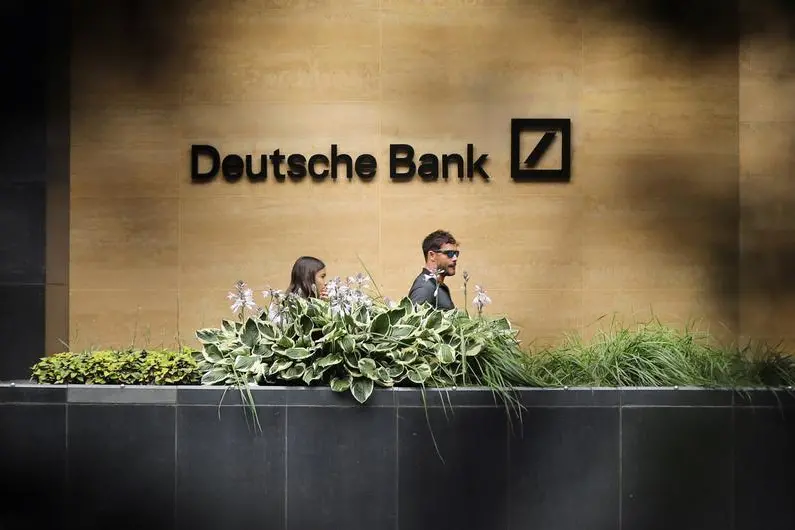PHOTO
The recession that is expected to happen next year is likely to be short-lived, but it will not be painless, Deutsche Bank Private Bank’s Global Chief Investment Officer (CIO) Christian Nolting said.
The US and Eurozone will face mild recession in the first six months of 2023, given that policymakers have resigned to weaker economic growth.
“The combination of lower growth, lingering inflation and public spending constraints will be difficult for both people and governments. Social inequality will be a topic of immediate and growing importance,” Nolting said in a note.
Market volatility in 2022 has been exacerbated by external events and changing expectations around the likely size and speed of monetary policy tightening in the face of high and persistent inflation.
Central banks have struggled to give consistent forward guidance, Nolting said, adding that confusion in markets has driven sharp swings in bond yields and destabilised equity markets.
On the other hand, central banks and investors are likely to find 2023 rather easier.
“We forecast inflation to ease down but stay well above central bank target levels,” the CIO said, adding that banks expect major global setbacks from geopolitics, disease or other factors.
“As a result, although more central bank rate hikes are in prospect, increases in longer-term government bond yields should be relatively modest from here on. The worst should now be over. For bond investors, yield and quality will no longer be a contradiction.”
China is expected to follow a different policy path, as continued domestic stimulus will eventually succeed in turning its economy around.
Chinese recovery, combined with the regional reopening, means that Asia could have a good 2023, Nolting said.
“Despite our expectations of more stable financial markets in 2023, the world remains intrinsically risky. Prior thinking about potential financial implications can help protect portfolios,” he stated.
(Editing by Cleofe Maceda)




















